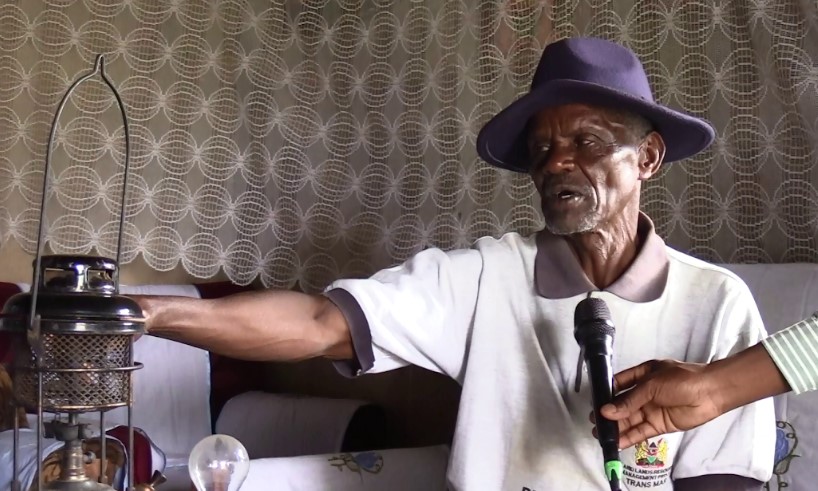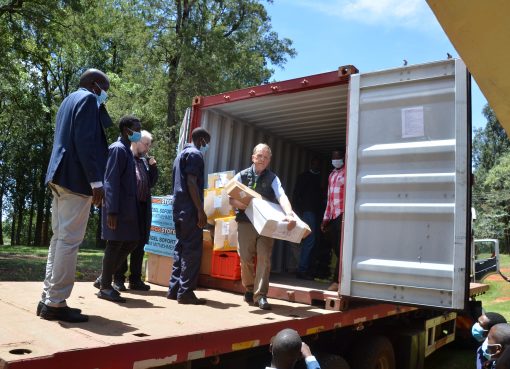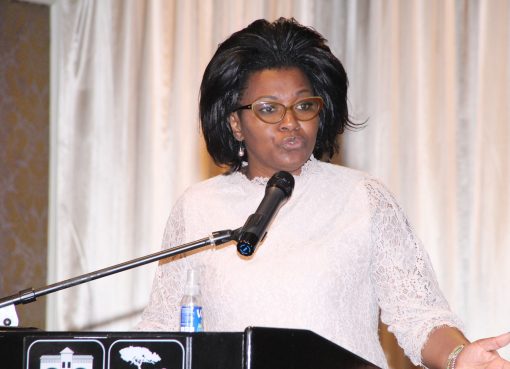The Last Mile Connectivity programme has continued to positively impact Kenyans living in rural areas by providing clean energy and connecting many households to the national electricity grid.
The project, implemented by the Rural Electrification and Renewable Energy Corporation (REREC), has visibly improved the living standards of rural Kenyans.

Many now enjoy floodlights in their homes, refresh with cold soft drinks, and store food in refrigerators within their living rooms.
The programme has also brought streetlights to many rural towns, markets and villages in the country, leading to improved security and triggering industrial works and other income-generating businesses for Kenyans.
A notable success story is the recent launch of electricity connectivity at Loo Rateng village, Awendo Sub County.
The two-kilometre Loo Rateng/Angaga village electrification project, part of the Last Mile Connectivity Programme, installed two transformers to supply power to 130 households.
Cabinet Secretary for Energy and Petroleum Opiyo Wandayi commissioned the project, which is part of the government’s effort to bridge the country’s electricity gap and connect more rural residents to the national grid. This initiative is supported by a state allocation of Sh1.6 billion for the 2024/2025 budget.
Mr. George Adhiambo, a beneficiary of the Loo Rateng/Angaga Last Mile Line connectivity, says that the project has not only improved his family’s living standards but also made them feel that they belong to the same country as the rest of Kenyans.
“I look forward to using electricity extensively to improve my agricultural productivity through powered irrigation,” said Adhiambo.
Adhiambo, who is currently in his early 70s, notes that even though the project has come late, it would trigger his generation to work hard towards creating more income through powered irrigation and poultry.
“I established my poultry farm in Uriri due to the lack of electricity at home. Now that I have power here, I plan to relocate the venture soon for easier management and increased profitability,” said Odhiambo in an interview with KNA.
Odhiambo also noted that Loo Rateng’s power connectivity has helped him save money previously spent on alternative power sources. He used to spend between Sh150 and Sh300 each month on paraffin for lighting.
Like Odhiambo, Sam Akoko, who has also benefitted from the same line, says that the Last Mile Connectivity would help him improve his dairy farming by enabling the use of a powered machine for feed formulation.
Akoko has been using a generator to operate his feed formulation machine, which he says has been quite expensive and tiresome to use.
“The generator produces a lot of noise, is an air pollutant, and the fuel is quite expensive. With the connection of electricity, my work has become easier and my productivity will increase,” acknowledged Akoko.
The beneficiaries lauded the government for bringing the connectivity project to their community, enhancing the socio-economic activities of Loo Rateng residents.
The government plans to expand the Last Mile Connectivity initiative by connecting approximately 10 million households to the national electricity grid by the end of 2025.
In September 2024, CS Wandayi commissioned a Sh25.6 million Nyamchodhre Market Electrification Project, which is already benefiting 305 households and enhancing the social and economic activities of the local community in Awendo Sub County.
Wandayi also announced that Migori was allocated Sh200 million in the 2023/2024 financial year for various electrification projects, which are currently at different stages of completion.
REREC has also been involved in various projects, including mini-grids, stand-alone solar initiatives, and hybrid projects, all aimed at connecting more rural Kenyans to the national grid.
By Makokha Khaoya and George Agimba





